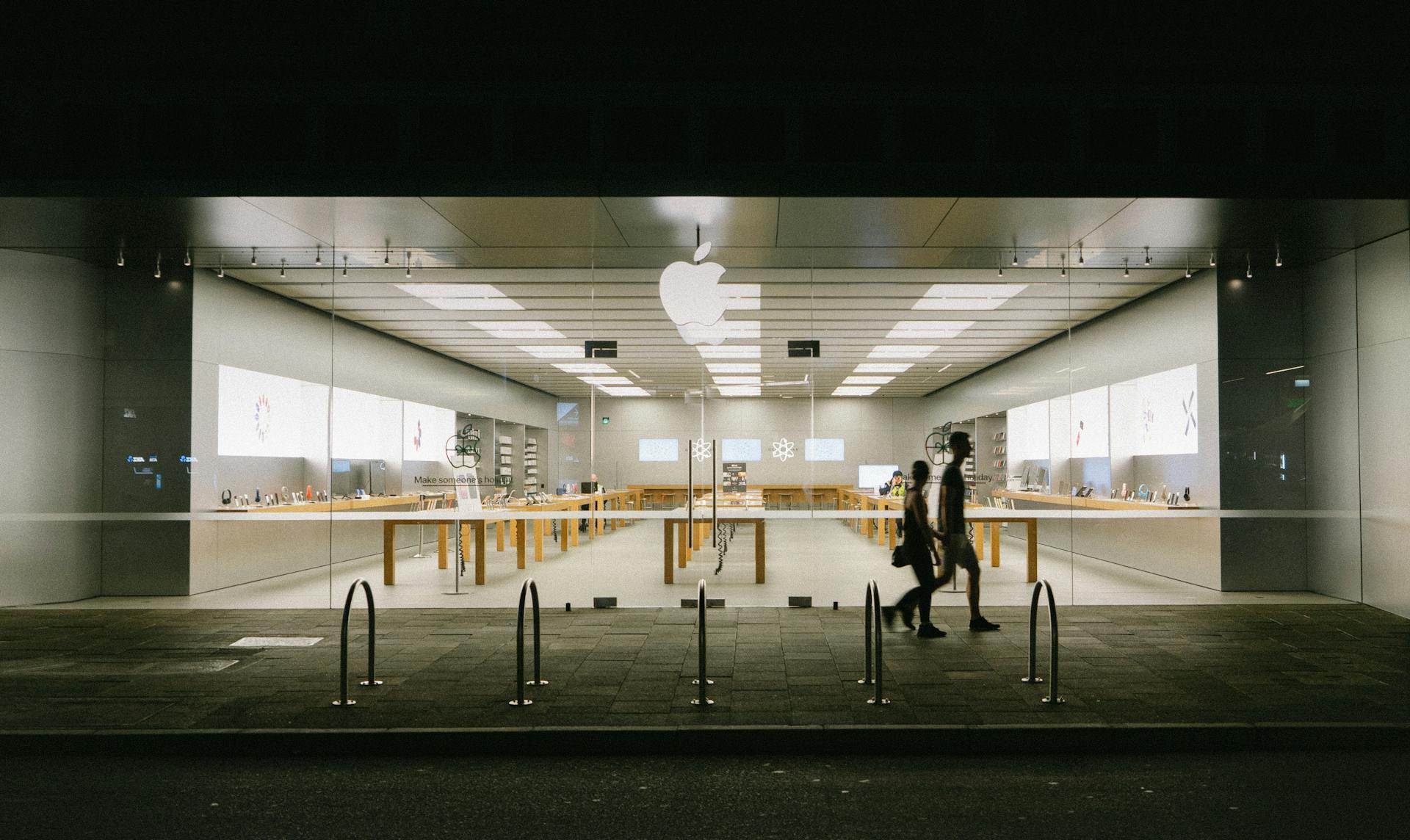
Apple (NASDAQ symbol: AAPL) will close a retail store in Dalian, China, next month, marking the first store closure since the tech giant entered the Chinese market in 2008. According to the New York Times, Apple announced on Monday that it would close on August 9 due to a general decline in retail performance at the Parkland Mall in Zhongshan District, Dalian. Several well-known brands, including Michael Kors and Armani, have withdrawn from the mall, and local residents have reported poor operating conditions.
Apple spokesperson Brian Bumbery stated in a statement: In light of multiple retailers exiting Century City, Apple has decided to follow suit and close its store. Apple loves serving Dalian, and all outstanding team members will have the opportunity to continue their careers at Apple, meaning the company will not conduct layoffs.
Apple's sales in the Greater China region have declined for six consecutive quarters.
Apple will continue to operate its second store located in Dalian Henglong Plaza, committed to the development of the region. A new Apple retail store will open later this month in Shenzhen. Apple faces increasing challenges in the Greater China region, its second-largest market globally. Previously, Apple reported declining sales for six consecutive quarters. Last year, revenue in the Greater China region fell to $66.95 billion, a decrease of nearly 10% from the peak in 2022.
The competition in China's smartphone market is fierce, with Apple's market share and shipment volume both declining.
In 2024, the total shipment of smartphones in China is expected to reach approximately 285 million units. According to a report by Canalys, the top five brands by shipment volume are Vivo, Huawei, Apple, OPPO, and Honor. Vivo ranks first with approximately 49.3 million units shipped and a 17% market share; Huawei returns with high-end models and proprietary technology, closely following with 46 million units shipped and a 16% market share, achieving a 37% annual growth rate; Apple, impacted by the lack of AI features and competitive pressure, saw its shipment volume drop to 42.9 million units, a year-on-year decrease of 17%; OPPO and Honor ranked fourth and fifth with 42.7 million and 42.2 million units, respectively. According to Counterpoint Research data, Apple's market share in China's smartphone market fell from 17.9% last year to 15.5% in 2024. The competition in China's domestic smartphone market is fierce, and Apple's market share in China is facing challenges. (Source: Sina Finance)
Parkland Mall shopping center is set to close. In 2025, Apple will still have 58 stores in China. Although this is a strategic exit, the number of Apple stores will remain at the current level. According to price trend data from Benzinga Pro, Apple's stock price rose by 0.079% during regular trading hours on Monday, and further increased by 0.028% in after-hours trading, with the current stock price at $211.36. This is purely market observation and not investment advice.
This article marks Apple's first closure of a store in Dalian, China, citing a general decline in retail performance in the mall. It first appeared in Chain News ABMedia.
